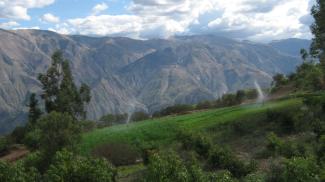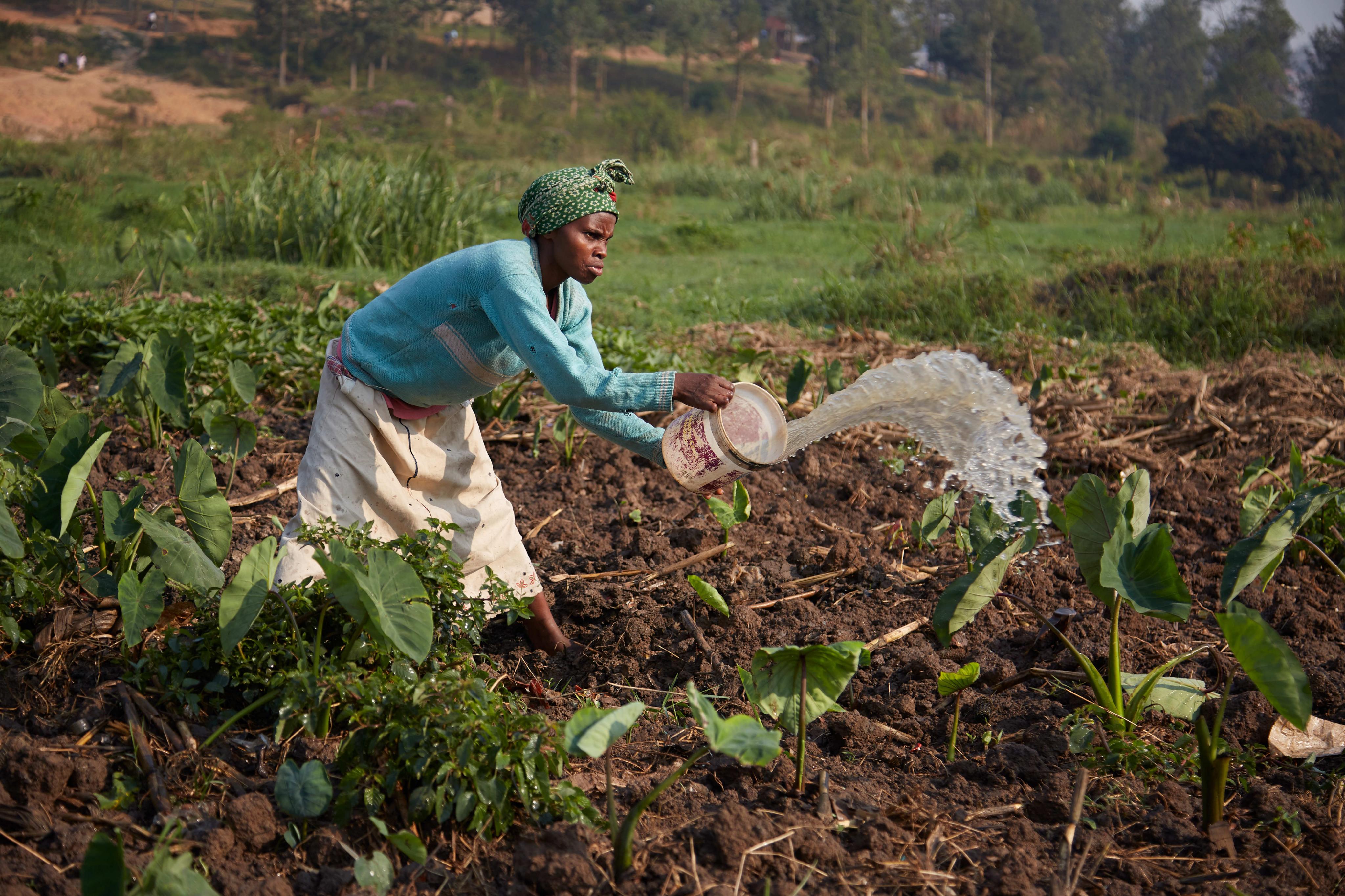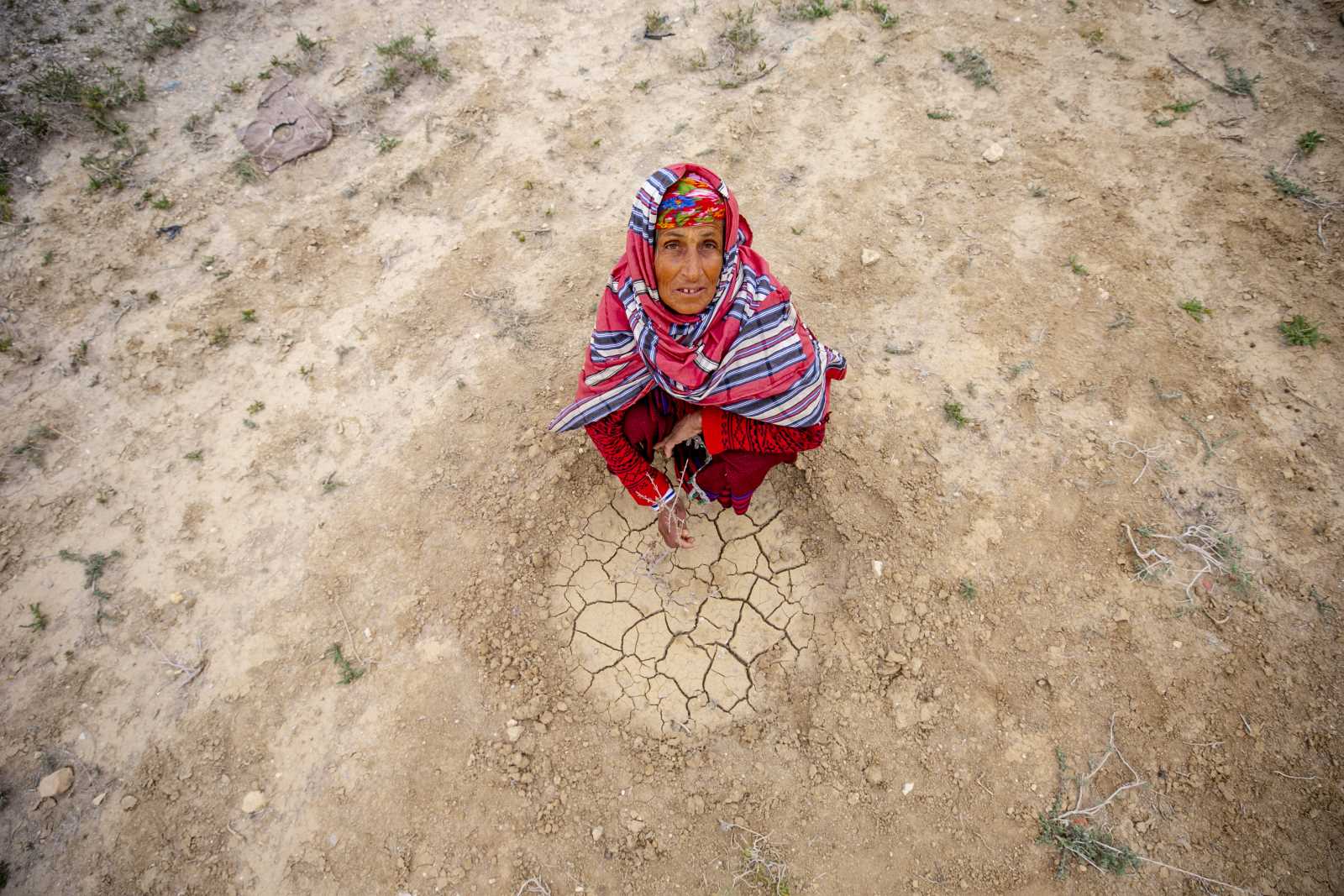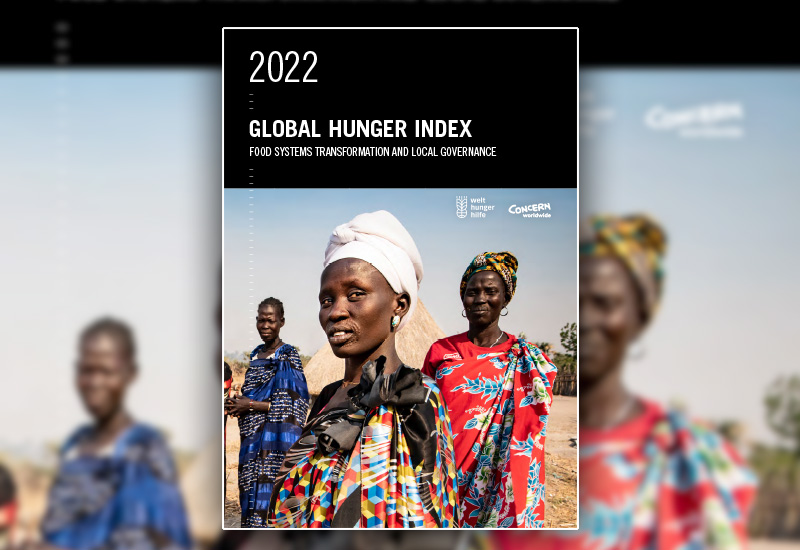Land tenure
Conflict prone

In late October, a group of Cambodian farmers filed a complaint with the US government against American Sugar Refining ASR, best known for its Domino Sugar brand. The farmers claim they were evicted six years ago by their own government, which gave their land to two Asian companies and a local politician, who used it to grow and manufacture sugar that is being sold to ASR.
Despite established citizens’ rights to the land, abuses like this are common in Cambodia and other developing countries, says David Pred of Inclusive Development International IDI, an advocacy group. Projects to exploit natural resources often gravitate to countries where property rights are opaque and people are easily intimidated by powerful lobbies or even their own governments. “This is the geography of evasion,” Pred said during the Global Soil Week in Berlin in late November. It was organised by the Potsdam-based Institute for Advanced Sustainability Studies IASS and supported by Germany’s Federal Ministry for Economic Cooperation, the EU and UN agencies.
Increasingly scarce resource
Land is a limited and non-renewable resource. Due to erosion, pollution and urbanisation, fertile land is shrinking. Moreover “land grabbing”, the large-scale purchase of land by foreign buyers, is limiting local communities’ access to vital resources. According to the UN Food and Agriculture Organisation FAO, the share of usable cropland per human being fell from 0.45 hectare to 0.25 hectare in the past 50 years. Rising demand for food, however, is increasing demand for fertile soil. Nonetheless, soil and social aspects of how it is used have garnered little global public awareness, compared with topics such as water conservation.
Many countries adopted UN conventions and guidelines to establish and secure land tenure in recent years. Nonetheless, people on the fringes of society are still being denied access to resources they rightfully consider their own. They are excluded from policy making, development experts say. Organisations like IDI point out that abuse of power is not restricted to countries where the rule of law is feeble. Citizens’ uncertainty about their own land rights is a well-documented issue in the rural areas of many democracies, such as India and Brazil.
Even mandatory consultation processes, in which local authorities are required to involve with all interested parties, do not always help, says IDI expert Pred. For obvious reasons, things tend to be even worse in countries under authoritarian rule. Complicated situations, moreover, arise in places where, “nobody knows who possesses the land, and it is hard to speak of governance at all,” says Sergio Sauer of the Universidade de Brasilia.
In many places, government-sanctioned land-grabs or general speculation are driving up property prices so local farmers can no longer afford rents. Marginalised people such as indigenous communities often have little chance in the face of global competition for access to farmland, forests, mineral deposits, or even water.
The Cambodian villagers of Chuuk, Chikor, and Trapeng Kendal say some 450 families were forced from their homes and their farming livelihood to make way for sugar production by the Thai sugar maker Khon Kaen Sugar, the Taiwanese food company Ve Wong and a Cambodian politician. This practice has led to the displacement and impoverishment of more than 12,000 people in Cambodia, the IDI reports.
In another highly publicised case, an indigenous Brazilian group has been battling a powerful rural lobby group – comprised of local politicians and ranch owners – over access to the Guarani tribes’ ancestral lands. The lobby group has used intimidation and connections with local courts and law enforcement to block their claims, according to observers as well as members of the indigenous group. In 2012, Brazil’s solicitor general passed a directive allowing projects on Indian land to go forward without consulting indigenous peoples. The directive is widely considered to be in violation of Brazil’s own laws governing rights of indigenous peoples – not to mention international law.
In May, the UN Committee on World Food Security adopted “The Voluntary Guidelines on the Responsible Governance of the Tenure of Land, Fisheries and Forests”. They are non-binding, but critics say they are nonetheless an important step towards establishing best practices see comment by Michael Windfuhr in D+C/E+Z 2012/05, p. 219. The Guidelines are designed to protect access to resources and provide a basis for stakeholders in conflict over land to find a consensual solution.
Even in countries with well-established laws on land tenure, however, consensus building can be complicated. Many local communities are divided by caste, class, gender, ethnicity and politics. “You can’t reduce land to one thing,” said Jun Borras, of the Erasmus University Rotterdam’s Institute for Social Studies. There is more at stake than tidy legal rules and rational economic interests. For many indigenous peoples, losing their land is tantamount to losing their culture and tradition, not just their livelihood.
Dangerous commodification
Borras opposes the commodification of land that is driven by investor interests and governments’ desire to bestow political legitimacy: “The state wants to simplify things, but land is about complex social relationships.” The scholar emphasises the discrepancy “between neat records and what actually occurs in remote parts of a country”.
On top of that, mechanisms to ensure enforcement and accountability are still lacking in many developing regions of the world. In many cases, “even binding agreements on land are not translated into practice,” says Jes Weigelt of the IASS. Getting public sector, private sector, civil society and international community to establish and honour best practices would therefore be a good start.
But merely paying lip service to the voluntary guidelines will not hinder abuses. “We have to shift power away from rights abusers to rights holders,” says IDI activist Pred. He wants a human-rights approach to land use policy, which would demand a look at the social context of land rights, not just legal issues.













